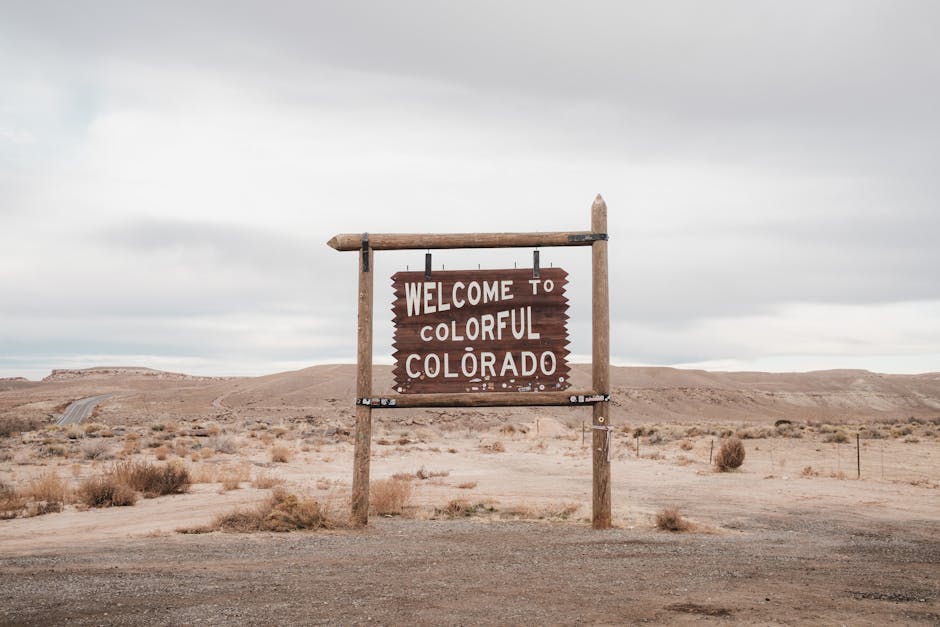
Political Revolutions and Movements in Latin America
Political Revolutions and Movements in Latin America
Latin America has a rich history of political revolutions and movements that have shaped the region's social and political landscape. From the early struggles for independence to modern-day movements for social justice, these events have had a profound impact on the lives of Latin Americans.
One of the most significant political revolutions in Latin America was the Mexican Revolution. It took place from 1910 to 1920 and resulted in the overthrow of the long-standing dictatorship of Porfirio Diaz. The revolution sought to address issues of land ownership, labor rights, and political corruption.
Another important movement in Latin American history is the Cuban Revolution. Led by Fidel Castro and other revolutionary figures, it resulted in the overthrow of the U.S.-backed dictator Fulgencio Batista in 1959. The Cuban Revolution aimed to establish a socialist government and implement agrarian reforms.
In addition to these major revolutions, Latin America has seen numerous other movements and uprisings. The Sandinista Revolution in Nicaragua, the Salvadoran Civil War, and the Zapatista movement in Mexico are just a few examples. These movements have been driven by a variety of factors, including social inequality, political repression, and economic crises.
Through these political revolutions and movements, Latin America has experienced significant changes in governance, social structures, and the rights of its citizens. While the outcomes of these events have varied, they have all contributed to the ongoing struggle for social justice and equality in the region.
Explore further articles to delve deeper into the fascinating history of political revolutions and movements in Latin America.
